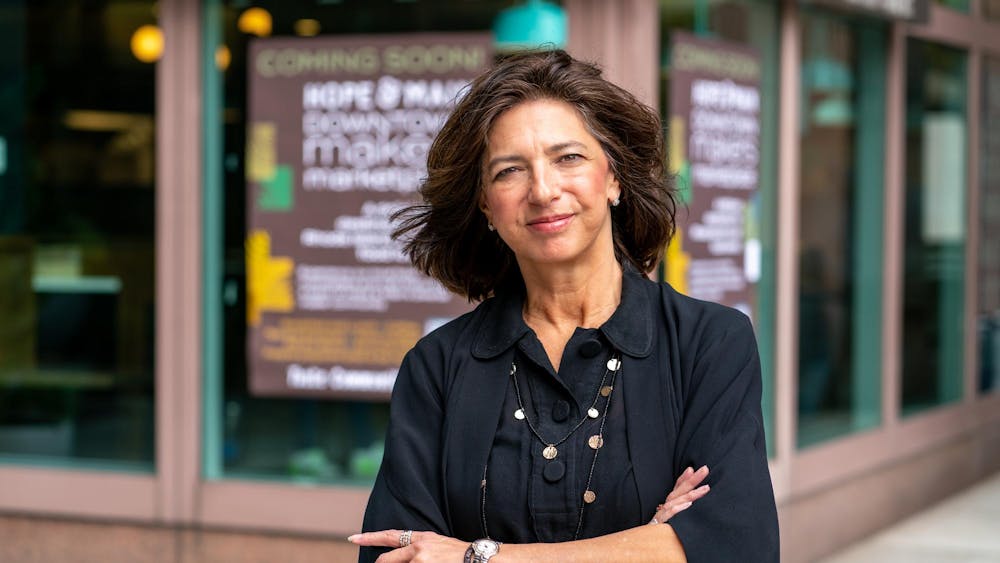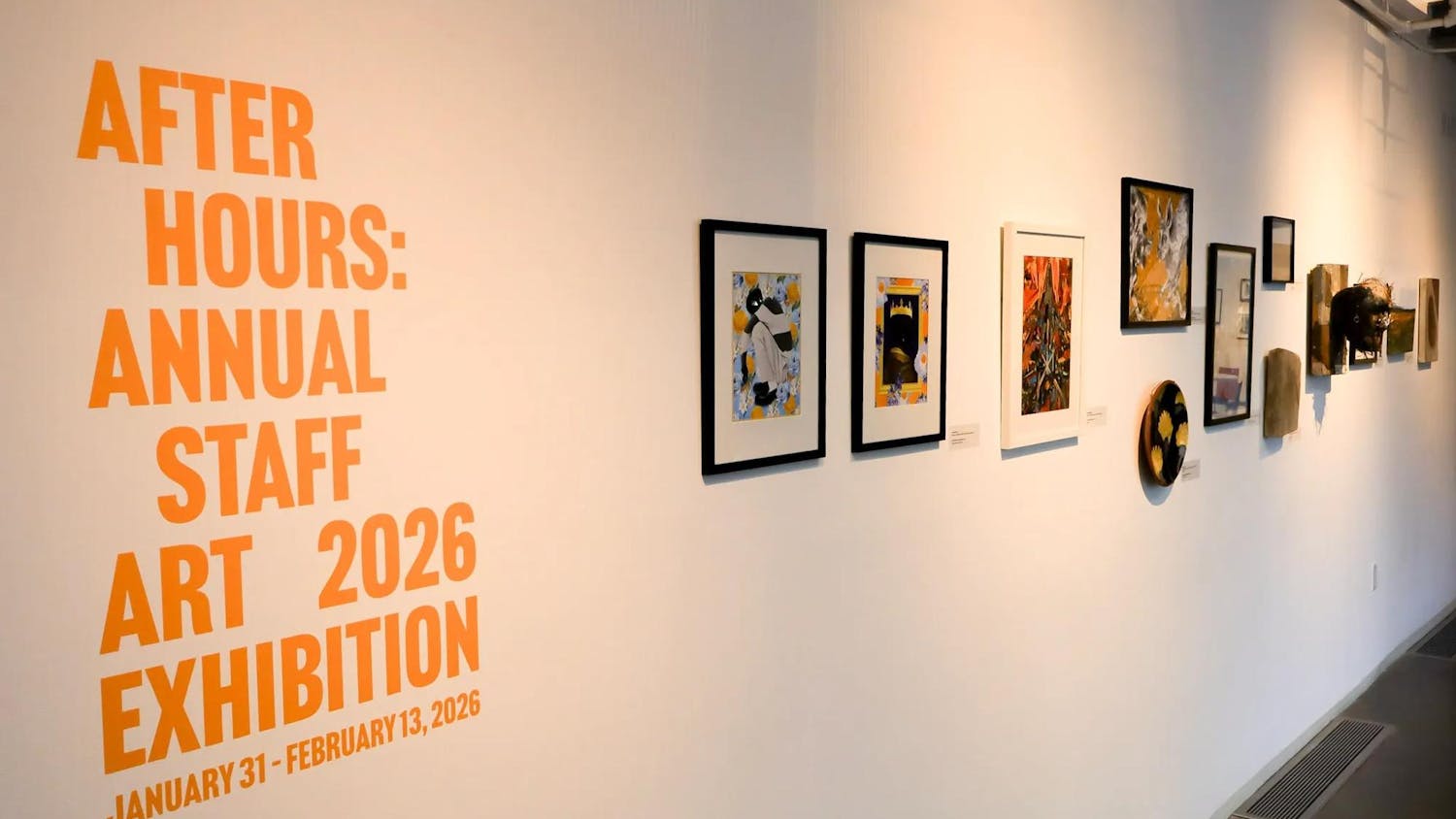Lisa Raiola ’84 opened Hope & Main in 2014 to serve as a business food “incubator” and to support aspiring culinary entrepreneurs. A hub for culinary creativity, the Warren-based nonprofit has served as an important resource for Rhode Islanders seeking to break into the food industry. After ten years in operation, it has helped launch almost 500 businesses.
In celebration of Women’s History Month, USA Today released their 2024 Women of the Year honorees early last week. Raiola was named this year’s Rhode Island Woman of the Year.
Minnie Luong, who founded Chi Kitchen and got her start at Hope & Main, said that Raiola should not just be Woman of the Year — “she should be Woman of the Decade.”
Raiola graduated from Brown in 1984 with a degree in biomedical ethics on the pre-med track. After receiving a Master of Public Health degree from Boston University, she worked in the healthcare industry for 11 years before returning to “where it all started” and taking a position as a professor of medical ethics at Brown.
Raiola joked that before starting Hope & Main, all she knew how to do was “make toast and boil water.” She said that she never expected to land in the food business but got involved after being diagnosed with uterine cancer a few years into her position as a professor.
As a patient, Raiola felt disempowered, she said, especially when trying to find food to accommodate her restrictions. She was frustrated: “How can it be hard to be healthy?” she asked.
She hatched a plan to start a meal delivery service that would bring prepared meals to hospital patients. In her search for a small commercial kitchen, she stumbled upon a nearly 18,000-square-foot building — the site of a former school.
Located on Main Street in Warren, the building was about 17,000 square feet larger than what she needed. But, instead of walking away, Raiola got creative. “What if there’s a lot of people who want to start a food business but have no place to go?” she recalled asking herself.
Three million dollars, ten years and 500 businesses later, Raiola has answered her own question. Hope & Main’s “signature incubation program gives food businesses a low-risk opportunity to test, scale and develop without the cost and liability (of) equipping, managing and maintaining (their) own commercial facility,” according to the nonprofit’s website.
Maggie Pearson, a Hope & Main alum and co-founder of Feast & Fettle, a meal delivery service that serves over 10,000 clients, said that the hardest part of starting a business “is to go from zero to one.”
Hope & Main assists startups with this stage, providing them with access to a commercial kitchen and a wealth of expertise.
Of all the businesses launched through Hope & Main, 60% are woman-owned and operated and 40% are minority-owned. For Raiola, Hope & Main provides a chance to uplift underrepresented entrepreneurs who face “extraordinary barriers” in the business world. It’s an opportunity for immigrants and minorities in particular to “bring their … heritage to the market,” she said.
In the U.S., women make up less than 3% of all entrepreneurs who receive venture capital funding. In 2022, Black-founded startups received 1.1% of all U.S. venture funding. For communities that have historically lacked both funding and support, Hope & Main is “refreshing,” Pearson said. Feast & Fettle is both woman- and minority-owned.
Even discounting social barriers, 80% of food startups fail. Starting a family-owned business as a woman is even harder, according to Luong. She added that making a living out of a family staple — kimchi — is a feat that would have proven much harder without Hope & Main.
With the support of Hope & Main, Luong has expanded Chi Kitchen to multiple states and college campuses, selling her products at Brown, Harvard and the Massachusetts Institute of Technology. She also highlighted the support she receives from loved ones, adding that in an immigrant family, “everybody works together to help out economically within the family.”
Hope & Main isn’t trying to find the next Steve Jobs, Raiola said. Instead, she’s in “the economic mobility business.” The organization provides clients with business education, licensing support, access to their weekly Marketplace and “everything that you need to get started,” Luong said.
“It provides this commercial space, but it also provides a supportive community and mentorship,” said Pearson, who is still a part of the Hope & Main Facebook group where businesses are able to ask questions, collaborate and provide community support.
Pearson said that in her ten years of operating Hope & Main, Raiola has become a “bright light,” for Rhode Islanders in and out of the food business.

Maya Kelly is a senior staff writer from Providence who covers business and development. A concentrator in urban studies and data fluency, she is passionate about intersecting storytelling with data analysis. When Maya's not at The Herald, you can find her hanging from an aerial silk, bullet journaling or in the middle of a forest.





